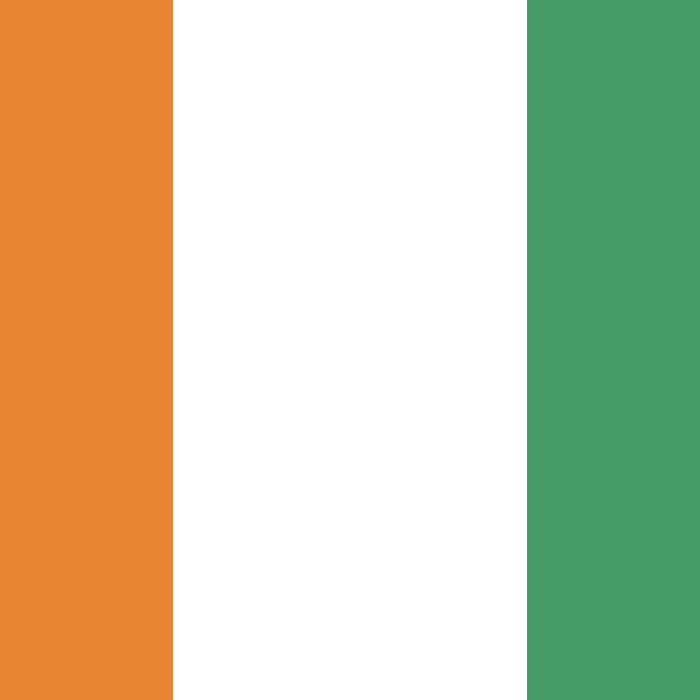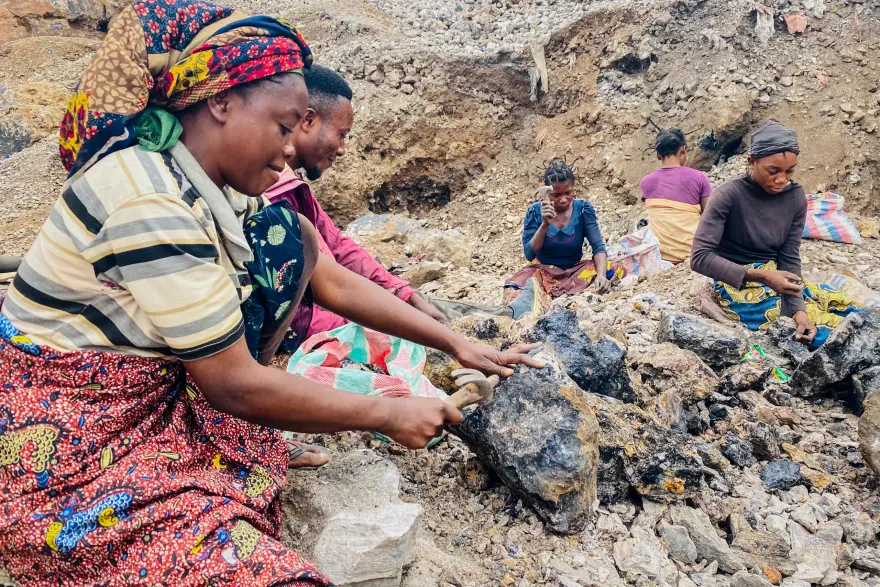Ivory Coast’s Cocoa Price Hike Signals Hope & Investment for Africa’s Cocoa Sector


Quidah is an online platform that connects investors with curated opportunities and expert insights on Africa’s emerging markets, while offering businesses promotional services, partnership facilitation, and market intelligence to attract capital and grow their operations.
Industries
In a bold move that has reverberated through global agricultural markets, Ivory Coast — the world’s top cocoa producer — announced a historic price increase for farmers. This decision comes amid mounting pressure on smallholders to cover rising input costs, climate volatility, and volatile global cocoa prices. By guaranteeing a higher floor price, the government aims to restore farm profitability, stabilize supply, and re-entrench confidence in cocoa farming as a sustainable livelihood.
This intervention carries significant implications for investors eyeing the cocoa value chain. A stable, better-paid smallholder base means improved productivity, better quality beans, and reliable supply for midstream and downstream players: fermenters, processors, chocolate manufacturers, and export logistics. It also invites investment in agritech, input supply (fertilisers, pest control), traceability platforms, packaging, cold chain, and branding initiatives aligned with sustainability credentials.
Yet the path is not without challenges. Many cocoa farmers work on small plots with limited access to mechanisation, credit, or technical advisory services. Soil fertility degradation, deforestation pressures, pests and diseases, and erratic rainfall patterns all erode yields. Additionally, logistical bottlenecks, border delays, and port constraints hamper the export of processed cocoa products. The reliance on rainfed farming makes year-to-year income unpredictable.
In response, Ivory Coast’s government is rolling out policies to mitigate these risks. These include subsidised fertiliser and improved planting material programs, strengthened agricultural extension services, and accelerated access to mobile credit and insurance. Enhanced traceability systems are being mandated to assure origin and sustainability, while incentives are being offered for local processing facilities to reduce raw exports and increase domestic value capture. Partnerships with development organisations and private agribusiness ventures are being encouraged to shore up infrastructure—roads, warehousing, digital aggregation hubs—to improve logistics from farm to port.
For forward-looking investors and agribusinesses, the cocoa sector’s renewed momentum offers a rare turning point. In an era where consumer demand skews toward ethically sourced, transparent food chains, Africa’s cocoa producers can command premium prices if they embed fair pay, sustainability, and value addition. Investors who support integrated models—backing farms, supplying inputs, enabling logistics, or building factories close to production zones—can generate higher margins and sturdy returns. As Ivory Coast moves to stabilize and elevate its cocoa base, the window is opening for a new wave of investment in Africa’s sweetest export.


